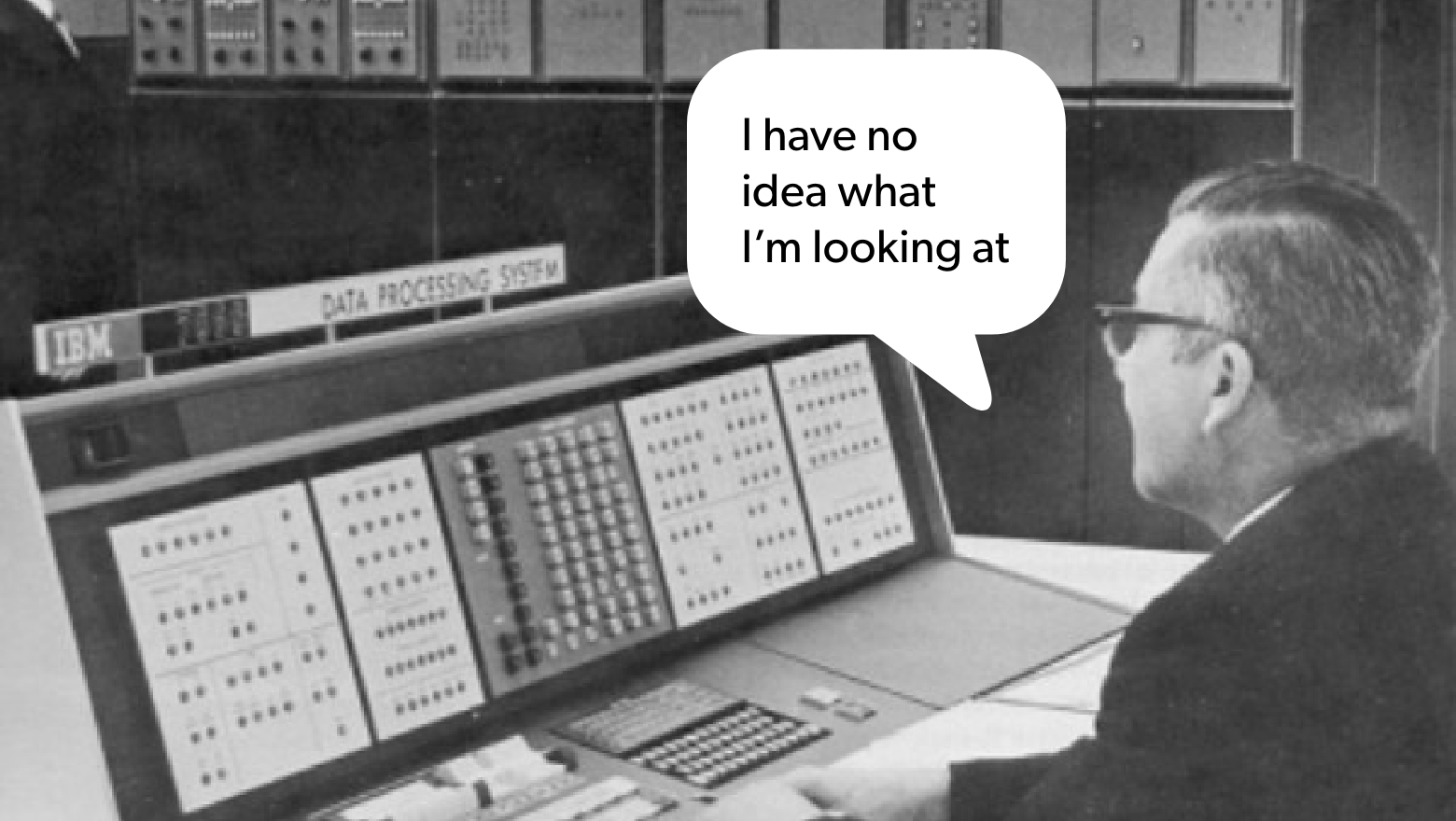

Citizen developers are business users with little or no technical skills who build applications with no code technology solutions. If you’ve ever seen a drag and drop website builder you’ve seen a no code solution. In a business context, the upside of no code solutions is that you can get non-technical users to create and publish work in what was previously the domain of more expensive resources. The downside is that many no code solutions can’t deliver what they promise for businesses.
Let’s be upfront about something – this article isn’t meant to bash low code or no code solutions. We might have some fun at their expense. We might even be a bit condescending towards them, but rest assured we know there is value in deploying these solutions in certain situations.
Now that we’ve extended the olive branch, can we admit that the citizen developer is a myth of Loch Ness proportions? The world of high tech has spent the better part of two decades empowering a user that no company actually employs, while instigating a fight with IT departments across every organization that has an IT department. The no code revolution was supposed to harness the power of business users, and yet it just seems to have buried problems in other places.
For any business who is looking at no code solutions, there are typically three types of players involved.
The biggest challenges we see with no code solutions is ownership. Stakeholders have all the required subject matter expertise on process and content, but they don’t want to own the technology that runs it. Facilitators don’t want to have to understand every fringe use case in order to build efficient workflows. Both parties often wonder why it takes so long to change an image on the company website, or put a checkbox on a form, but they come to it from a different angle of the underlying problem.
By empowering stakeholders to be “citizen developers” we are actually handcuffing everyone to a solution that no one wants. No code helps with the immediate pain of small tasks, but now stakeholders have to own the solution, and facilitators lose much of the flexibility that drives efficient business processes.
Allowing each participant to operate in their own lane while giving everyone the speed and flexibility to meet changing business requirements means everyone wins. It’s why we designed Morf to have a low barrier of entry without losing the flexibility required for complex form and data processing. We are not trying to create an army of citizen developers who can deploy your forms with a drag and drop editor. Give us one facilitator and we can pump out the forms using machine generation.